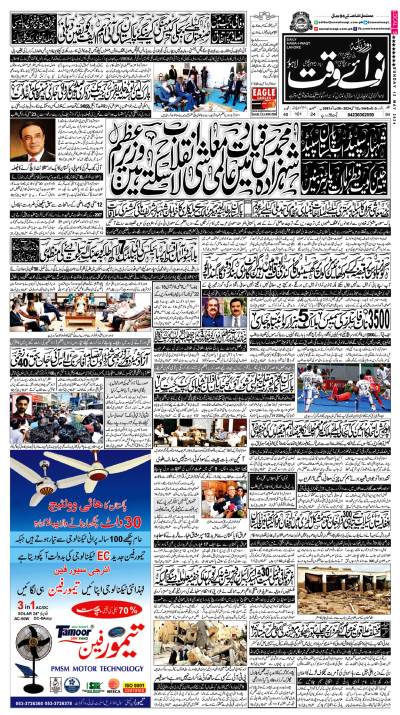One of the few fields that act as watchdogs of society and inform public about their rights and duties include journalism. Journalists decide on what is worth knowing for society and often risk their life for their job. However, many a time journalists have fallen in the line of duty. While their job demands from them to dig the truth out, they face threats, oppression from states as well as non-state actors.
While the majority of the countries make sure that journalists are protected when on duty, and they have bills and acts for this purpose, Pakistani journalists are not entitled to sufficient state protection against coercive forces that want to suppress the truth. Lately, the Pakistani government has realised that journalists need safety measures while performing their duties. In this regard, a proposed bill, “The Protection of Journalists Bill, 2014” is facing unusual delays.
The Standing Committee on Information, Broadcasting and National Heritage met on Thursday to gauge the progress made on the intended bill. Nonetheless, the committee deferred the bill with direction to the Information and Broadcasting Division to complete all constitutional and legal requirements in consultation with all the stakeholders without further delay.
So far, no necessary steps have been taken by the Pakistani government to provide journalists with a safe working environment. According to Pakistan Press Foundation, “Threats and violence have forced many journalists to move from danger zones and to leave the profession or to resort to self-censorship, particularly in conflict areas.” Despite the fact that Pakistan is a democratic republic and its Constitution guarantees freedom of the press; there are areas where an independent investigation of human rights abuses is not allowed.
Any journalist who wants to find out the truth is silenced through coercive steps. Case in point is Syed Saleem Shahzad who was killed for publishing his book on terrorism. Had the killers gone through the book they would not have killed him. His book is one of its kinds to understand the ideological framework of religious militancy in the region. The Committee’s apprehensions are well placed that media persons and their families are vulnerable and state measures are imperative for their safety and welfare. Though the bill is a step in the right direction, however, bureaucratic delays will make it a fruitless exercise.





